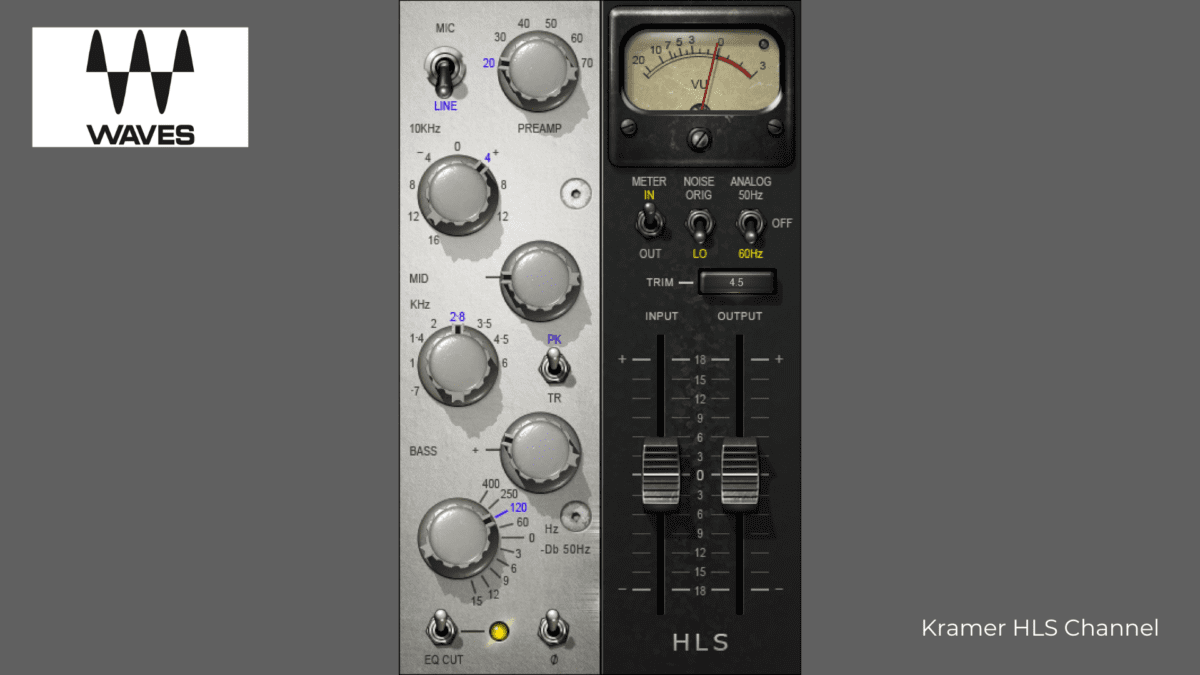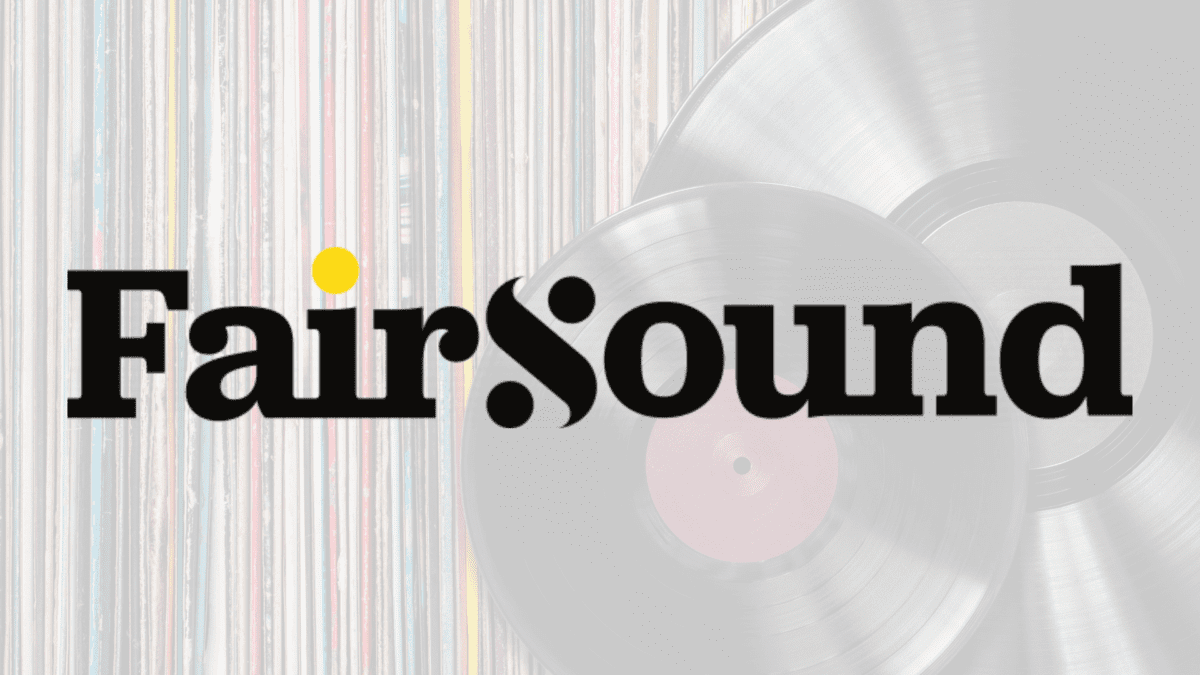Stage managers play a vital role in bringing shows and music performances to life. They work hard behind the scenes and make up part of an essential team. As you are reading this, maybe you would like to become a stage manager, or you are interested in learning more about the role. Well, the good news for you is that this is what this article is all about! We will cover what a stage manager does in the music industry, how you become one, the skills you need to possess and plenty more useful information.
What Is A Stage Manager?

So, what actually is a stage manager? What does a stage manager do? Well, they work in the arts and they are particularly important in the theatrical productions, dance shows and musical concerts. They tend to answer directly to the director of the performance, and provide organisational support to a range of people.
They help organise and structure details for designers, performers, directors and technical crew. Put simply, they are one of the key people responsible for ensuring that the performance runs smoothly from the very first technical run/rehearsal down to the final performance.
What Is The Job Description For Stage Manager In Music?

So, what does the stage manager do in music? In this section, we are going to be more specific in relation to the music world and the responsibilities of a music stage manager. Stage managers breathe life into the performance, and are the key communicators behind the scenes.
Kelly Kerins, a stage manager at the Chicago Symphony Orchestra, is a good example of a stage manager in music. He regards his job as doing “advance work. Correspondence between the Music Director and Guest Conductors about setups for different pieces, talking to Principals of each section about their needs.” This information then needs to be passed on to the other stagehands, who then set up his instructions. No one day is the same for him, as he will be sometimes “working with the crew in the moment when I need to, but I’m mostly behind my desk.”
When he is taking a more active role, you can find him onstage helping to “set chorus risers, set recording mics, setting up the red carpet” and so much more! He has also stated that “nobody really knows how intricate the stage is. Every section has different needs. Different Conductors have different preferences as to where to set the strings.” This means that he needs to learn, assess and recall the different preferences of the conductors.
There is also a physical side to the job, as stage managers will also help to move and supervise the moving of equipment from different venues. They also organise the logistics of the moving parts. But this is what attracts people to the role of stage manager, as the work is so varied and exciting!
What Qualities Do You Need?
As you have probably gathered by now, being a stage manager is a lot of work! It takes a certain type of person to be able to successfully do this job. So, what qualities suit this demanding role? You need to have good organisational skills and be an effective communicator. Having patience is also a good skill to have, as sometimes things can get lost or misinterpreted, and it will be down to you to sort it out, as the responsibility rests on your shoulders.
This quality also comes into play when you consider your working hours. Due to the nature of the job, there are no set working hours. You could be working early mornings, weekends and late nights, as it all depends on the event that you are working. Also, just because the show is over, it doesn’t mean you can go home! You will be the first person in the building and one of the last to leave, and a stage manager’s job is never done! Kerins sums it up nicely, stating that stage managers “have to be assertive but you can’t be mean-spirited. You have to treat people the way you want to be treated.”
Stage Manager Jobs

So, how do you find stage manager jobs? There are many ways that you can break into a career as a stage manager in music, so let’s take a look at them.
Hands On Experience
Many stage managers begin their careers as stage hands, or are part of the technical crew. This way they can get first hand experience and observe how things are done. The next step would be becoming an assistant stage manager, and then progress into becoming a stage manager. We have made this sound extremely simple, but it takes time and a lot of hard work and determination to work your way up through the ranks.
Degrees
Other stage managers go into the job with no hands on experience, but they possess some form of degree or qualification, for example a degree in music production. For others, they might be technical freelancers and become stage managers at a later point in their careers. Kerins recommends that you work on the development of your technical skills and managerial skills. He states that you “need to understand the technical end like how to build a platform or rearrange a setup.”
Courses
Of course, you could always combine the experience and qualifications by taking an apprenticeship course. There are also many online courses that you could sign up for. For example, over at Point Blank Music School, you can take classes like Music Production Complete Master Diploma. They also have more specific courses on offer, like Logic Pro Music Production or Traktor Pro DJ. A quick internet search will come up with hundreds of courses for you to choose from. You can select the right one for you, and consider how much you are willing to spend.
Job Hunting
In terms of looking for jobs, you can wait until they are listed on job websites, or you could be proactive and get in contact with companies and people via their website or LinkedIn. This is a great way of gaining experience, and it also demonstrates to employers that you are serious about finding work in this field.
Stage Manager Salary

Wondering ‘what is the average stage manager salary?’ A starting salary can range from £18,000 to £22,000. An experienced stage manager can make between £25,000 and £35,000, while senior stage managers can make £50,000 and above. Your level of pay will depend on the company that you work for, and any qualifications and relevant experience you have. You could be paid by the hour or have a shorter term contract. It all depends on the job you are applying for.
Stage Manager – Summary
We hope you enjoyed our complete guide to becoming a stage manager! We have covered a range of factors that go into the career, including the job description, the qualities you need, how to get roles and the kind of salaries that you can expect.
There are different routes that you can take to get into the profession, and this is always good because it gives you options. You don’t need to have a degree to become a stage manager, but some kind of experience in the music world will go a long way. We would recommend that you look into getting some relevant experience as this will put you in a strong position.
A stage manager role is a tough but rewarding one. None of your days/nights will be the same. What’s more, you get to move around and see different parts of the world, especially if you are a contracted stage manager. This is the ideal job for someone that has the technical prowess, but also the confidence and communication skills to manage a team of people. So, what are you waiting for? Get out there and take the first step into your new stage manager career!
Music Gateway – Music Licensing Opportunities
Would you like to get in touch with Music Gateway to see how we can help you? Then please use this link to get in touch with us to discuss any opportunities such as Sync Licensing, Music Licensing, Music Clearance, Sync Libraries or Music Libraries, etc., you may want to take further.
You can book a call with Sam – Head of Sync Licensing – as a potential lead. We are always happy to talk to musicians like you. Please do get in touch.









